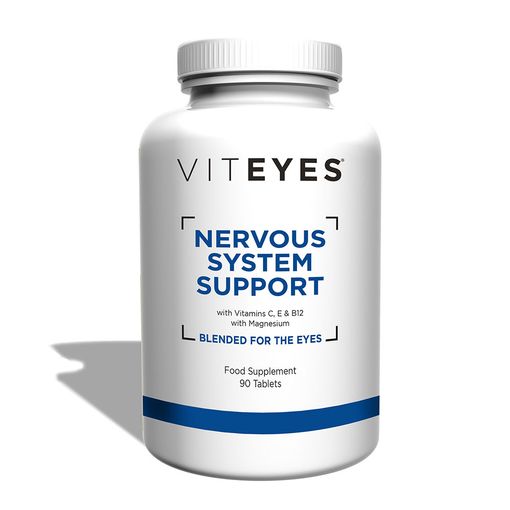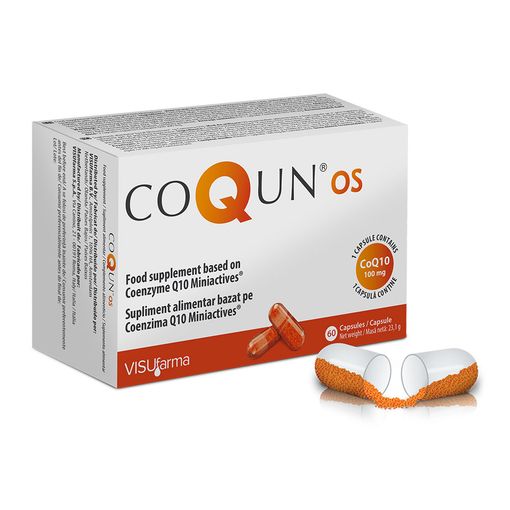About Glaucoma
Glaucoma is an eye disease caused by an increase in the pressure inside the eye.
A certain amount of pressure is needed to keep the eye in the shape of a sphere. This pressure is formed by two liquids called aqueous and vitreous humour. Aqueous humour is in front of the lens and drains away through a mesh called the trabecular network. Vitreous humour is jelly-like and found behind the lens.
If there is too much aqueous humour or it doesn't drain away through the network, the pressure in the eye can increase. When this pressure rises high enough to cause damage to the nerves at the back of the eye, glaucoma has started.
There are two types of glaucoma open-angle (chronic) glaucoma and closed-angle (acute) glaucoma.
Open-angle glaucoma
This condition develops gradually, often over many years and your eyesight can appear fine. The problem with this is that in the early stages there is no pain but your peripheral vision (side vision) is becoming gradually damaged. This usually has no symptoms until a late stage when nearly all your peripheral vision has gone leaving you with just central vision. This is often described as tunnel vision – it feels like you are looking down a tube.
Nerve damage due to glaucoma is usually permanent so having regular eye examinations to detect early changes is vital. Screening for glaucoma is usually a standard part of the eye examination for anyone over the age of 40.
Closed-angle glaucoma
This comes on very suddenly and your eye will become very red and painful. You may experience headaches and feel sick and see coloured halos around lights. These symptoms can develop at a fast pace and you need to seek medical advice and visit A&E department immediately.
Treatment
Open-angle glaucoma can be treated with eye drops and will help the pressure reduce in the eye. You will need to use these as prescribed and to attend regular check-ups at the hospital. Surgery may be required to help reduce the pressure as well.
Because the eye pressure rises so quickly in closed-angle glaucoma, eye drops and tablets are given to bring this down as soon as possible and sometimes drugs are given directly into the bloodstream. For the fluid to flow better round the eye, laser treatment is often required or if this is not successful, or in certain cases, surgery may be offered.
Glaucoma can appear in both eyes but may affect one more than the other. You are at an increased risk of developing glaucoma if:
- a close family member also suffers with glaucoma
- you are of black African or black Caribbean ethnic origin
- you have certain other medical conditions
If you do develop glaucoma you will need to advise other family members so they know to have their eyes monitored too.
Nutrition and glaucoma
Medical treatment is needed to manage glaucoma, but certain nutritional ingredients can help promote healthy nerves, of which the optic nerve is a key one. Therefore alongside your eye drops you may consider taking a supplement which contains:
- Vitamins C, B12 & magnesium which contribute to normal functioning of the nervous system.
- Vitamins C & E which contribute to the protection of cells from oxidative stress.
- Co-enzyme Q10
Glaucoma videos and downloads
How might glaucoma affect my vision?
This video is produced by the College of Optometrists and shows how glaucoma might affect your vision. Glaucoma is a group of eye diseases where the optic nerve - which connects your eye to your brain - becomes damaged. It usually occurs when the pressure inside the eye increases.
If you have any concerns about your eyes, contact your optometrist.
Do you have glaucoma?
This video is produced by the College of Optometrists and explains that Glaucoma is a group of eye diseases in which the optic nerve, which connects your eye to your brain, is damaged by the pressure of the fluid inside your eye.
If you have any concerns about your eyes, contact your optometrist.
Help maintain nerve health
Formulated with nutrients which can help support the healthy function of nerves such as the optic nerve.
Viteyes Nervous System Support provides vitamins C, B12 & magnesium which contribute to normal functioning of the nervous system. Vitamins C & E which contribute to the protection of cells from oxidative stress.
If you have any concerns about your eyes, contact your optometrist.






